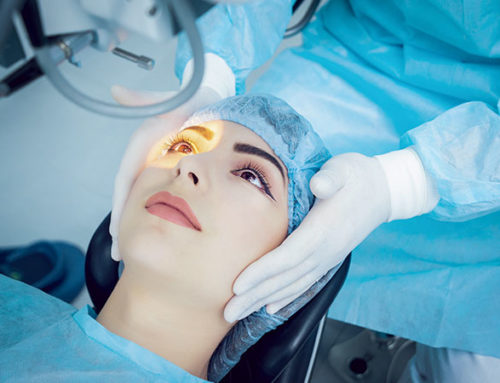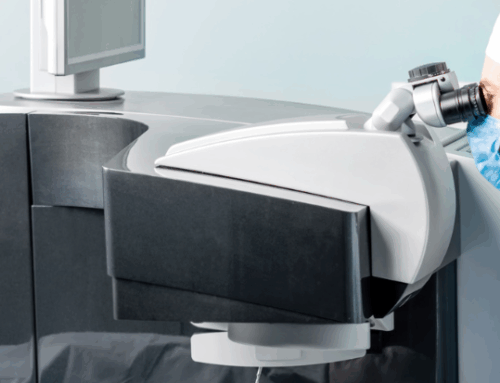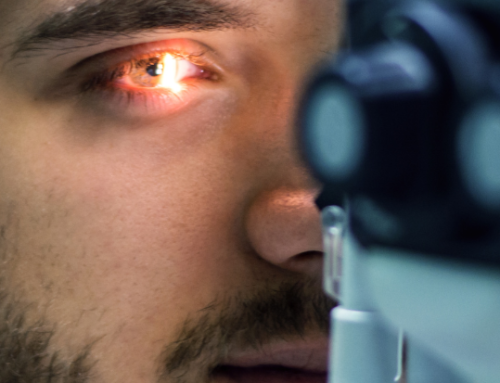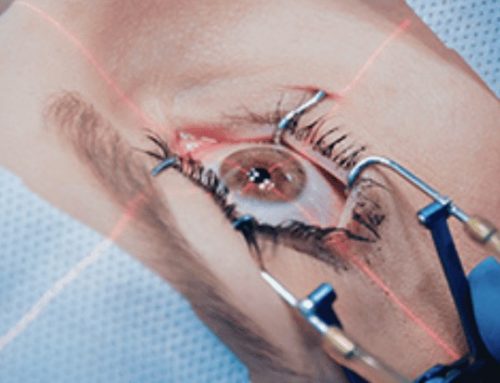Every spring, the return of fine weather also signals the arrival of... pollens. Produced by trees, grasses and herbaceous plants, these tiny airborne particles can trigger allergic reactions in many people.
Warm, sunny, windy days favor their diffusion into the atmosphere, while rainy or cold days lead to a drop in the pollen count in the air. Unfortunately, for sensitive people, a few hours outdoors can be enough to cause a real eye sore.
Here's our anti-pollen survival kit, to get you through the season with peace of mind.
Common symptoms of pollen allergy
- Itchy, red eyes
- Excessive tearing
- Swollen eyes or eyelids
- Sensation of sand in the eyes
- Light sensitivity
- Difficulty wearing contact lenses
How to relieve a pollen allergy? Adopt the right reflexes!
Pollen is everywhere, especially in spring! Here are a few simple steps you can take on a daily basis:
- Close windows during the day and keep the windows closed in the car: pollen peaks are highest at these times.
- Air your home outside these times: early in the morning or in the evening, ideally after a rainfall (pollen is then less present in the air).
- Wear sunglasses outdoors: to limit pollen contact with your eyes
- Avoid outdoor activities that lead to overexposure to pollen: lawn mowing, gardening...
- Rinse your hair in the evening and wash your clothes regularly: they retain pollen accumulated during the day.
- Avoid drying laundry outside: pollens settle easily.
- Do not rub your eyes excessively, even if it stings.
Relieve your eyes of pollen with the right solutions
Your eyes are often the first to suffer during allergy peaks. To soothe them:
- Use antihistamine or lubricant eye drops (on medical advice).
- Rinse your eyes with saline solution at the end of the day.
- Avoid rubbing your eyes, as this aggravates the irritation.
- If you wear contact lenses, wear glasses on days with high pollen counts.
Consult a specialist for your pollen allergies
Don't let these symptoms set in: talk to your doctor, allergist or ophthalmologist. They'll be able to confirm whether it's indeed a pollen allergy and guide you towards the most appropriate treatment: antihistamines, desensitization, eye drops, etc.
Use apps or pollen alerts
Applications like Pollen News allow you to track pollen peaks in real time. So you can adapt your outings and treatments according to the weather... and the pollens in circulation!
What if refractive surgery could help you too?
For spectacle and contact lens wearers, allergy season is often a real nightmare: irritated eyes, unbearable contact lenses, glasses fogging up from blowing your nose...
By freeing you from these constraints, refractive surgery can improve your comfort during this sensitive period. Clear vision without dependence on glasses is also a relief from seasonal allergies.
⚠️ Important: Refractive surgery is a surgical procedure that must be carefully considered. It is not suitable for everyone, and a full assessment with a specialist is essential to determine whether you are eligible for refractive surgery and thus guarantee your safety.
Pollen season doesn't have to spoil your daily routine. By adopting the right precautions and consulting a specialist, you can reduce symptoms and effectively protect your eyes.
The CNVO Center can be reached by telephone on 024 552 04 00.






